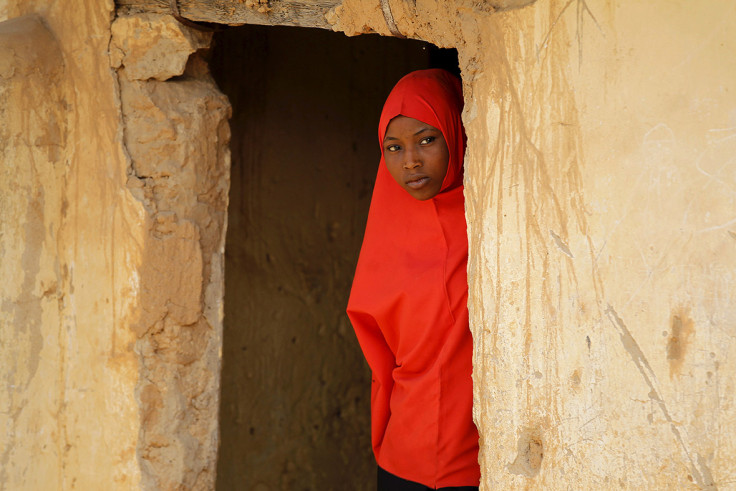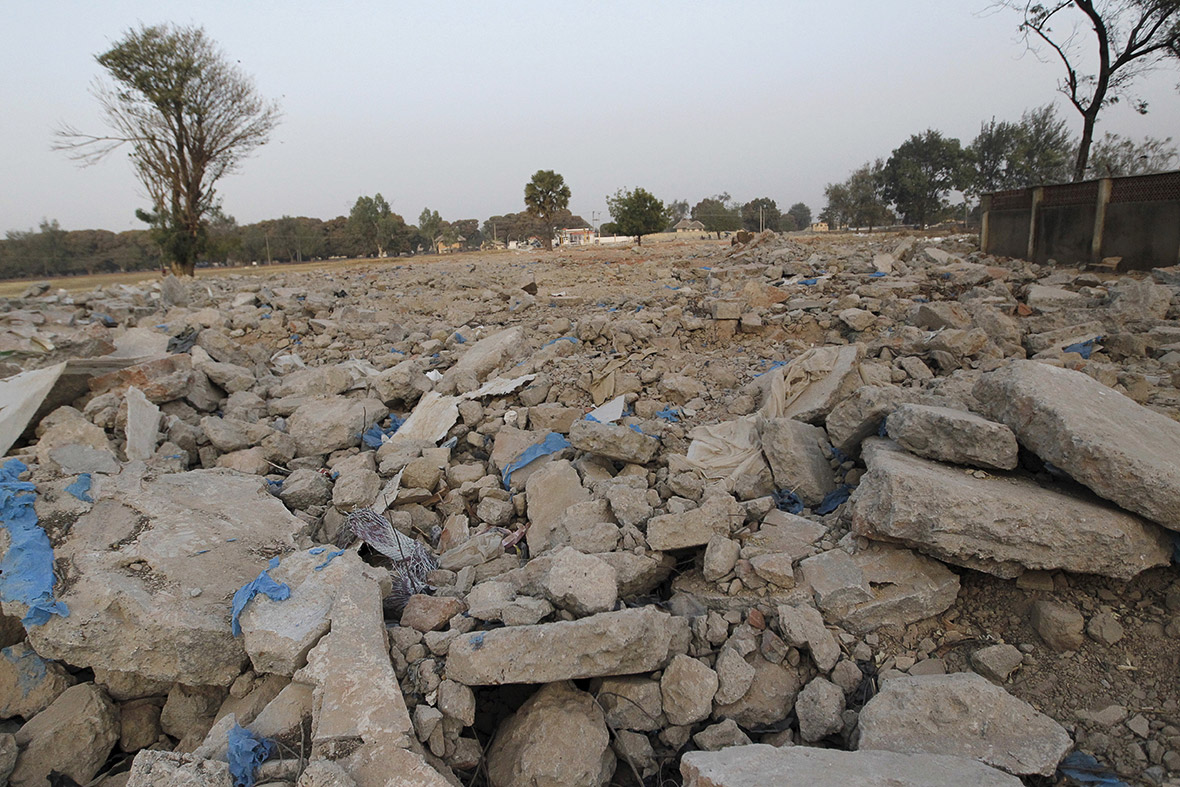Nigeria: Fears of a new Boko Haram after massacre of Shia Muslims in Zaria
Tensions are rising in the northern Nigerian city of Zaria after clashes between the army and Shia Muslims in December 2015 in which rights groups say hundreds of Shias were killed. The army confirmed people were killed in the clashes but has never commented on the death toll.
What provoked the December violence is disputed. The army said members of the Islamic Movement in Nigeria – a predominantly Shia sect – had blocked the convoy of its chief of staff, Lieutenant General Tukur Buratai, as it travelled through Zaria and tried to assassinate him. It said a shoot-out and street battles ensued and that it was forced to call in reinforcements.

However, members of the Shia community and some rights groups say the army launched an unjustified attack, with the motive unclear, and opened fire on civilians. The sect says more than 1,000 Shias could have been killed – it says the army hurriedly buried 400 bodies and that 750 other people are missing.
The army arrested Nigeria's most prominent Shia Muslim leader, Sheikh Ibrahim Zakzaky, after the clashes. Residents of the city say bulldozers demolished Zakzaky's residence, a Shia shrine, a prayer hall, clinic, cemetery and offices in the days and weeks that followed the clashes. The army has declined to comment on the demolitions.


President Muhammadu Buhari – a Sunni – has launched an investigation into the violence and its cause, and the destruction of the Shia sites. It is unclear whether the bulldozers that entered Zaria were sent by the government or military. The president said civilian deaths could not be justified but also accused the Shias of creating "a state within a state".
The army detained more than 200 of Zakzaky's followers along with the sheikh after the clashes. Some other members of his sect have left Zaria or gone into hiding. "We're glad they are gone. We want them out of Nigeria," said Idris Mohammed, a Sunni living in the neighbourhood of the sheikh's destroyed compound, where walls are daubed with slogans reading "Do not release Zakzaky". Several anti-Shia slogans have sprung up in recent weeks on buildings used by the sect.
Residents say tensions have never been this bad and that officials' refusal to give a death toll or hand over dead bodies, as well as the destruction of the holy sites, is fuelling growing anger. Some fear the violence and the arrest of Zakzaky risks spawning a radical Shia militant wing – much like the Boko Haram uprising began in 2009 after security forces killed hundreds of its members and its leader Mohammed Yusuf died in custody.




Adding a foreign dimension, the Islamic Movement in Nigeria has links to Shia power Iran, which is locked in a struggle with Sunni kingdom Saudi Arabia for pre-eminence in the Middle East. Zakzaky travelled to Iran after the revolution before returning to found his sect, though the nature of the links are unclear. Following the Zaria violence, Tehran denounced the killings and urged Nigeria to protect Shias.
There have been sporadic clashes between Shias and security forces in Nigeria since the 1980s. Zakzaky has been jailed several times, often for anti-government rhetoric. However, the latest clashes were the deadliest in living memory, say some Shias and rights groups.


"We feel dehumanised and betrayed by the Nigerian government," said Muhammadu Samaru, a Shia religious leader living in Zaria . "There can never be any trust and any cordial relations between us and the soldiers unless they change their ways. This is not the first time they are killing us."






Zaria, 270km (170 miles) north of the capital Abuja, is a predominantly Sunni city with a population of about 500,000. It is a focus for inter-community tensions because it is also the spiritual centre of the predominantly Shia Islamic Movement in Nigeria as well as home to its leader, Zakzaky.
Africa's most populous nation is home to around 180 million – roughly evenly split between Christians, mainly in the south, and predominantly Sunni Muslims, mostly in the north. There are thought to be less than four million Shias, according to a 2009 report by the US-based Pew Research Centre, but there are no official figures.
© Copyright IBTimes 2025. All rights reserved.






















